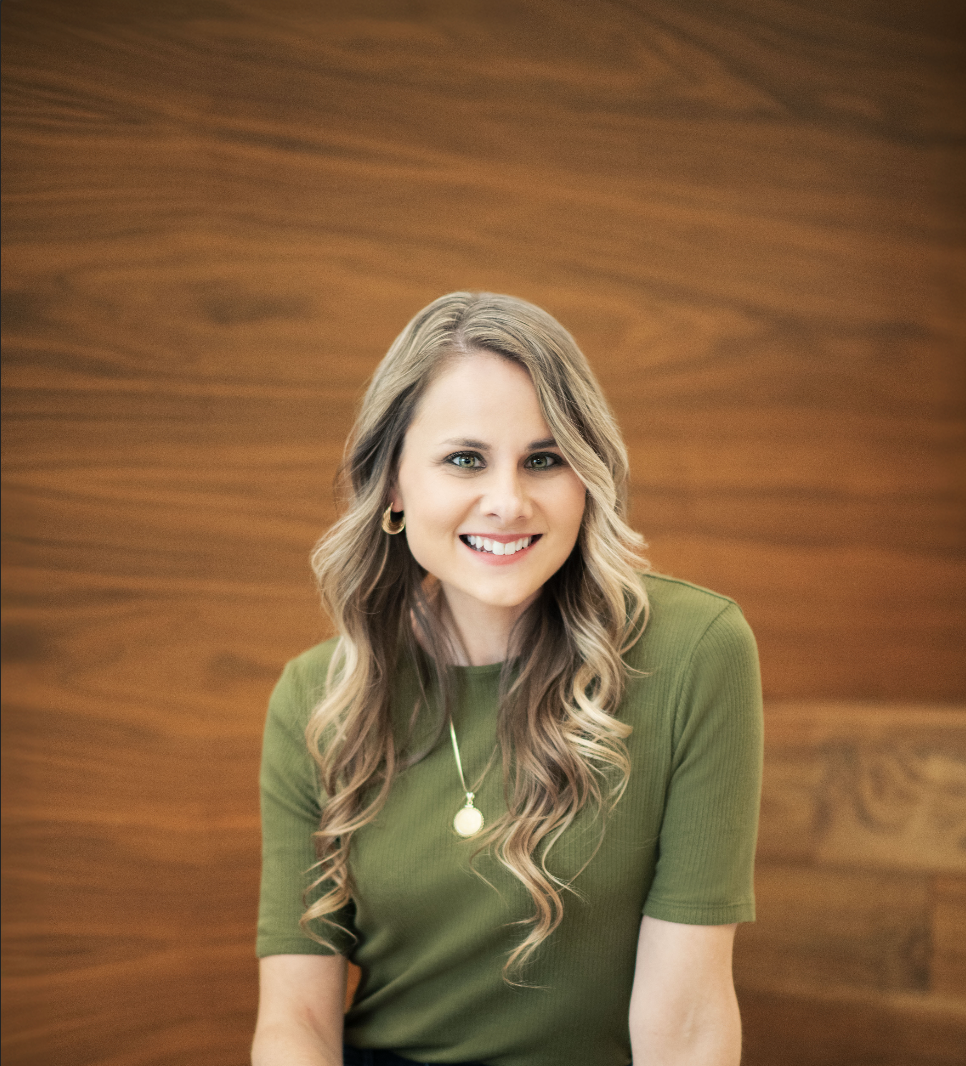How to Break the Cycle of People-Pleasing

It is human nature to crave affirmation, approval, and appreciation. These desires are not wrong, but as with anything in this life, they can be twisted, resulting in the feeling of being burned out, used, and taken advantage of ultimately. It is easy to fall into the habit of people-pleasing, but how can we stop it and start living with healthy boundaries?
Why We People Please
Often those of us with generous hearts, good manners, and a sincere desire to be a helpful person will find ourselves in the trap of people pleasing. We may not necessarily notice that we are being swayed into this trap, but the effects will certainly be felt. The feelings of burnout, exhaustion, and being taken advantage of can leave the heart worn, resentful, and without the option to say "no" to anyone. Despite these symptoms, many of us continue on the path of people-pleasing for years, even decades, but why is that? Perhaps some of us were raised that it is correct or how things are done. Some of us fear the rejection of others if we let them down by saying "no" or the anger of others if we do not do as they ask. Some of us also fear abandonment if we no longer fulfill a need, so we continue to help, fearing that we will be tossed aside if we are not continuously being used and needed. Regardless of why we continue to people-please, the one that gets the short end of the stick is you. You are worth so much more than being constantly used by those around you.
Is People-Pleasing an Idol?
Can people pleasing become an idol? An idol is anything we place before God, and anything can ultimately become an idol, even people-pleasing. It is not sinful to have a heart to help others; in fact, it is a good and Godly practice to help those around you, but it can become sinful when we seek man's approval over doing the work of God. This is where we must check our hearts to see if the motive and reason behind helping others is to receive the admiration of others or if it is genuinely something God is calling us to do. If we are placing serving man before serving God, then it is an idol, so how can we know how to pivot so that we are helping others out of obedience to God rather than people-pleasing?
Serving God, Not Man
As followers of Christ, we are invited and called to live as Christ did, including serving others. John 13:14-15 shares, "If I then, the Lord and the Teacher, washed your feet, you also ought to wash one another's feet. For I gave you an example that you also should do as." The key is that we connect with God to ensure that we are following in obedience to what He desires us to do for our portion rather than taking someone's role. Part of partaking in our daily bread is recognizing what we need daily to be sustained by God, but it is also acknowledging that we are given a portion and assignment from God in how to live out the day He has graciously given. Consider it like the manna that was given by God to the people of Israel while traveling in the desert daily. God sent manna, similar to wafered bread, to fall six days a week from Heaven to sustain the people. Their daily task required sustenance, and God gave them the exact portion they needed. For us today, we can look for manna in what He gives by His Spirit by sustenance and by assignment of what we are called to do for Him. Some days that may include helping others, and some days that may include just caring for yourself. Colossians 3:23 offers, "Work willingly at whatever you do, as though you were working for the Lord rather than for people." When we are called to serve others, we ought to do it with the heart posture that it is for the glory of God and in obedience to what He has given us to do in task, not for the approval of man. This is why doing heart check-ins are so important, because when we sit honestly before the Lord with our open heart, we will then see if we are helping others because He has called us to do so or if there is the hidden idol of people's approval moving us to serve. A good friend of mine once conveyed it in this way, "If we are people-pleasing, we are not God-pleasing, so that is why it is important to check our hearts for motive." After we have checked our hearts and surrendered to the Lord to His call, we can then live out with healthy boundaries so that all are cared for as He desires.
How to Set Healthy Boundaries
Boundaries can feel uncomfortable when we put them in place, but ultimately, they benefit all who are impacted. A healthy boundary is set with and directed by God. This can look different depending upon the specific circumstances, but it can start with asking God where the focus ought to be in season. Perhaps someone or something you have helped in the past is not for this season, and God is calling you to step down to make room for someone else to serve, and there is nothing wrong with that. God may be asking you to leave a seat because He has someone's call and destiny awaiting them in the seat you are currently occupying. Another aspect of setting healthy boundaries is using good communication. This can look like using kind words, but not weak ones. Let your "no" be no and your "yes" be yes without wavering. Lastly, setting a healthy boundary requires your reliance to be upon God so that even if someone becomes upset or angered by your answer, your perception, worth, and self-esteem are not dependent upon others but on God and God alone. Healthy boundaries benefit everyone, though it may take time for others to realize such truths.
The road to recovering from being a people pleaser is not always easy, but it will prove correct in the end. Ultimately when you follow God and serve Him as He asks, not by what those around you are asking of you, it is then that you will see the fruit that is born of the Spirit. You will also find that even in seasons where you are doing much, God will provide the ability and enthusiasm to keep going. When we are God-pleasing and not people-pleasing, we are living in a healthy way that honors God and fulfills our destiny here on earth.
Related: 4 Changes to Make if You Struggle with People-Pleasing

Originally published July 16, 2024.







